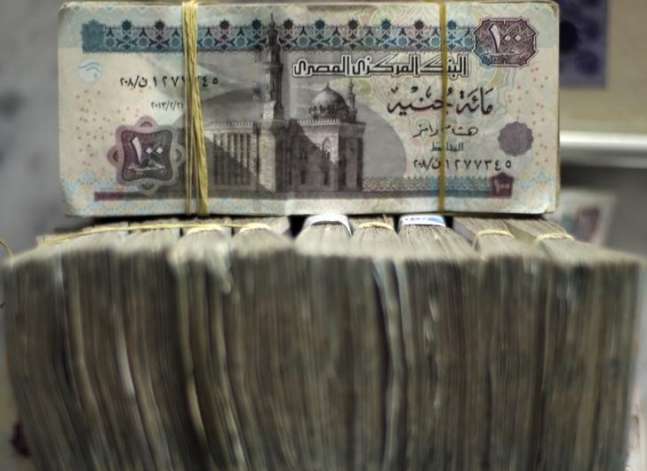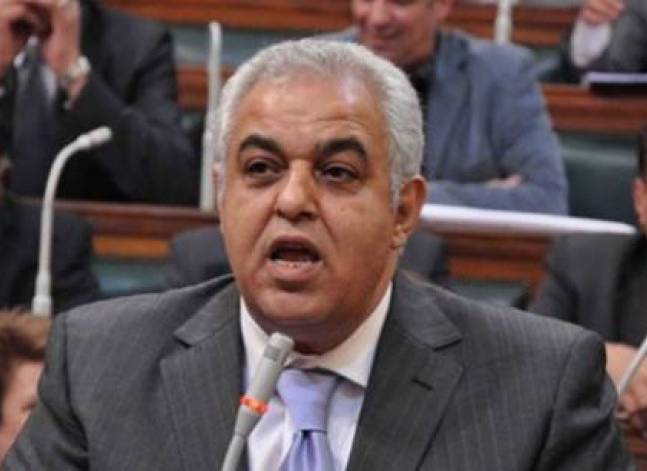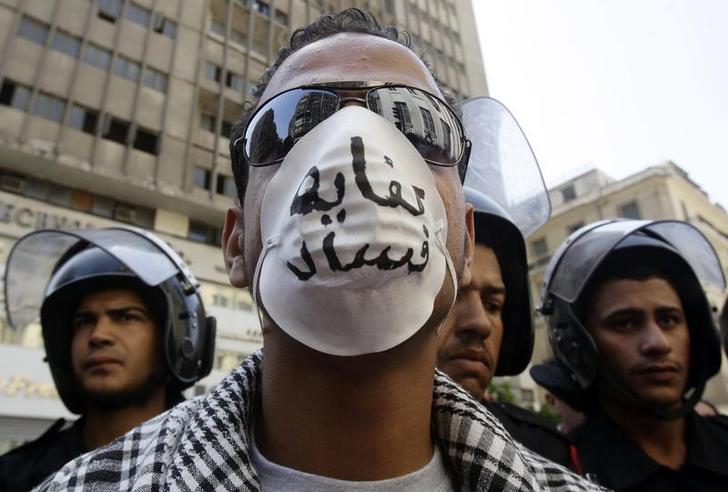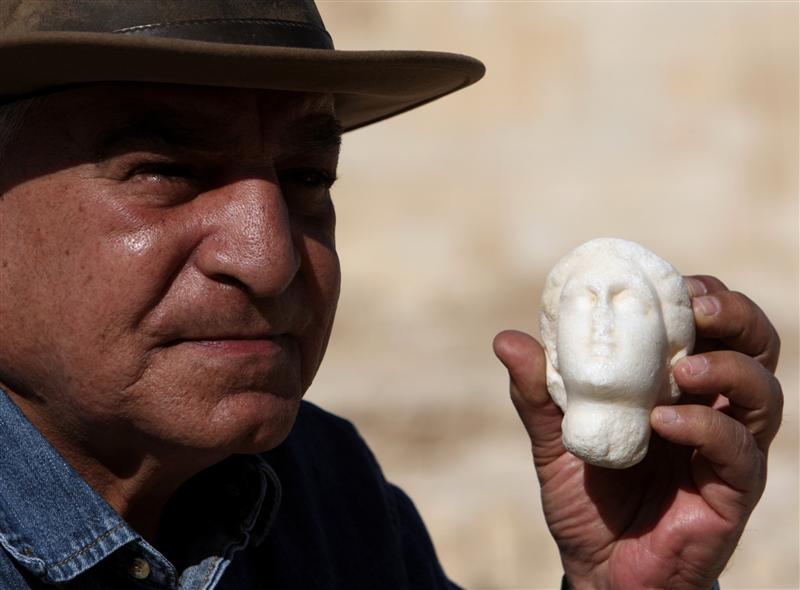Latest NEWS
- Aswat Masriya, the last word
- Roundup of Egypt's press headlines on March 15, 2017
- Roundup of Egypt's press headlines on March 14, 2017
- Former Egyptian President Hosni Mubarak to be released: lawyer
- Roundup of Egypt's press headlines on March 13, 2017
- Egypt's capital set to grow by half a million in 2017
- Egypt's wheat reserves to double with start of harvest -supply min
- Roundup of Egypt's press headlines on March 12, 2017
Egypt rights centre appeals against president's decision to sack top auditor
Egyptian President Abdel Fattah Al-Sisi in a ceremony held in Cairo for the launch of the country's sustainable development strategy on 24 Feb. 2016 - Photo from CBC Extra channel
CAIRO, Mar 30 (Aswat Masriya) - An Egyptian rights centre said on Wednesday it has appealed with an administrative court against the president's decision to dismiss the country’s top auditor, who had sparked controversy when he said the size of governmental corruption amounted to billions of dollars.
President Abdel Fattah al-Sisi issued a decree on Monday sacking Hisham Geneina, the director of the Central Auditing Authority (CAA), which monitors financial institutions and government bodies.
Geneina had told Egyptian media in December 2015 that the size of governmental corruption in the period between 2012 and 2015 was EGP 600 billion (around $75 billion). In response, Sisi ordered that a cabinet-affiliated commission be formed to probe Geneina's allegations.
The Egyptian Center for Economic and Social Rights (ECESR) said in a press statement on Wednesday that it filed an appeal with the Administrative Judicial Court, a first-instance court that has the right to nullify decrees issued by the president.
ECESR said the presidential decree issued by Sisi to dismiss Geneina “circumvents the law” and violates the CAA’s independence as an auditing body.
ECESR further accused Sisi’s decision of being an attempt to keep the CAA and the reports it issues under control. In its statement, the rights centre expressed concern about the auditing of state funds and the government’s budget now that Geneina has been sacked.
In July 2015, at a time when the country’s parliament had not been elected yet, Sisi issued a law enabling him to remove the heads of state oversight bodies, including the CAA director.
In his inaugural speech in 2014, Sisi pledged to fight corruption. Before being elected president, Sisi was the country’s defence minister and he led the military ouster of then-President Mohamed Mursi of the Muslim Brotherhood in 2013 following mass protests against his rule.
Corruption is regarded as one of the country's woes that led to the overthrow of Hosni Mubarak in a popular uprising in January 2011 after he ruled the country for 30 years.
Egypt ranked 88 out of 168 countries on Transparency International's Corruption Perception Index 2015. A higher ranking means less corruption is perceived. The 2015 score represents a slight deterioration from the year before.
Egypt ranked 98 in 2010, shortly before the 2011 Uprising, and ranked 112 in 2011.
















